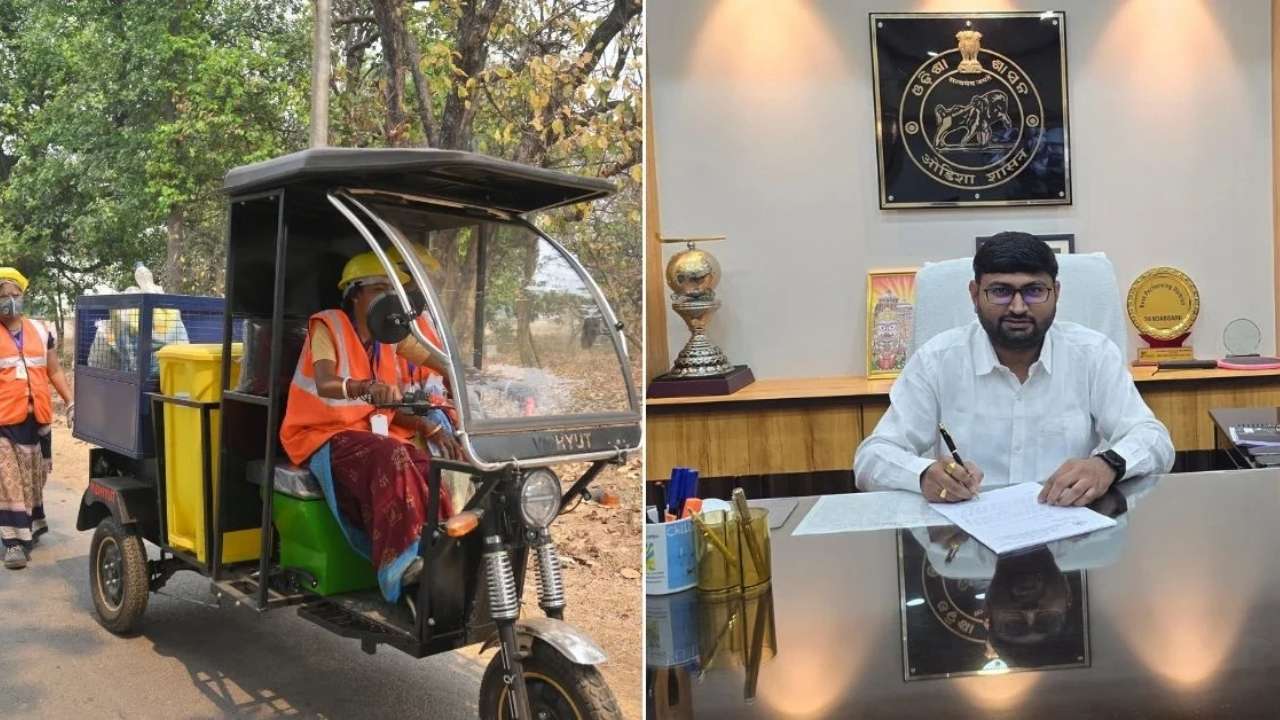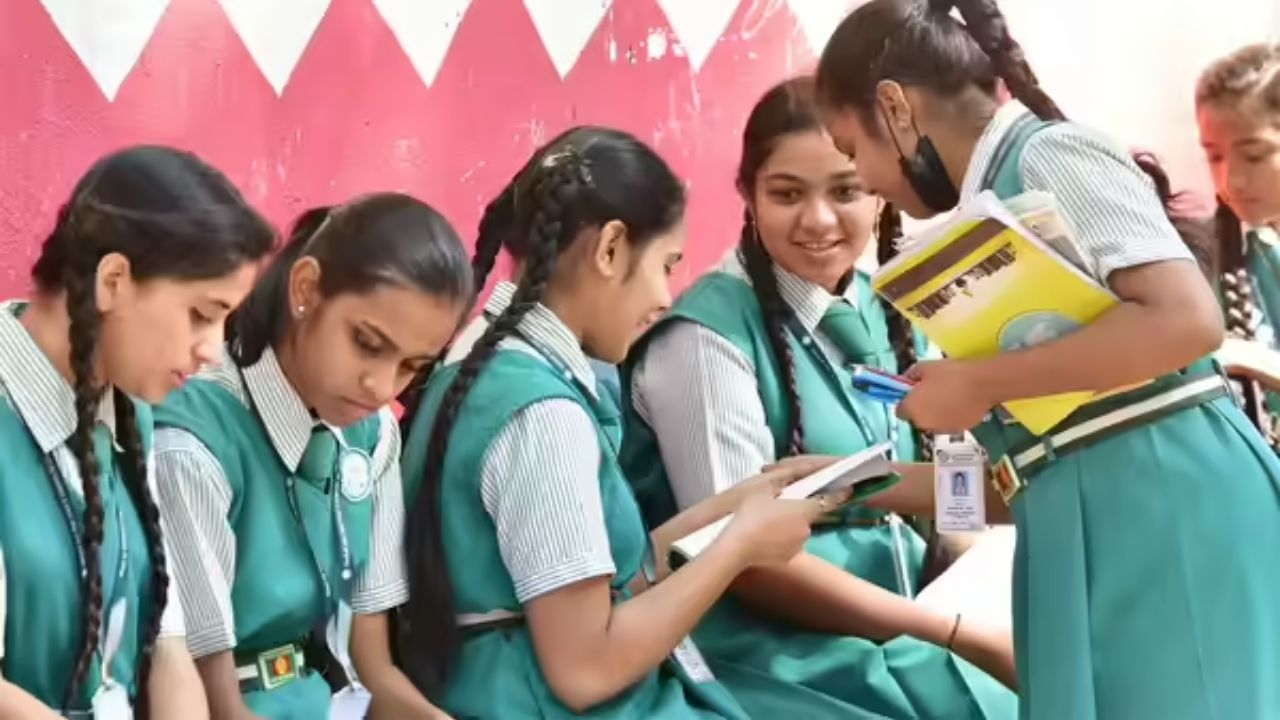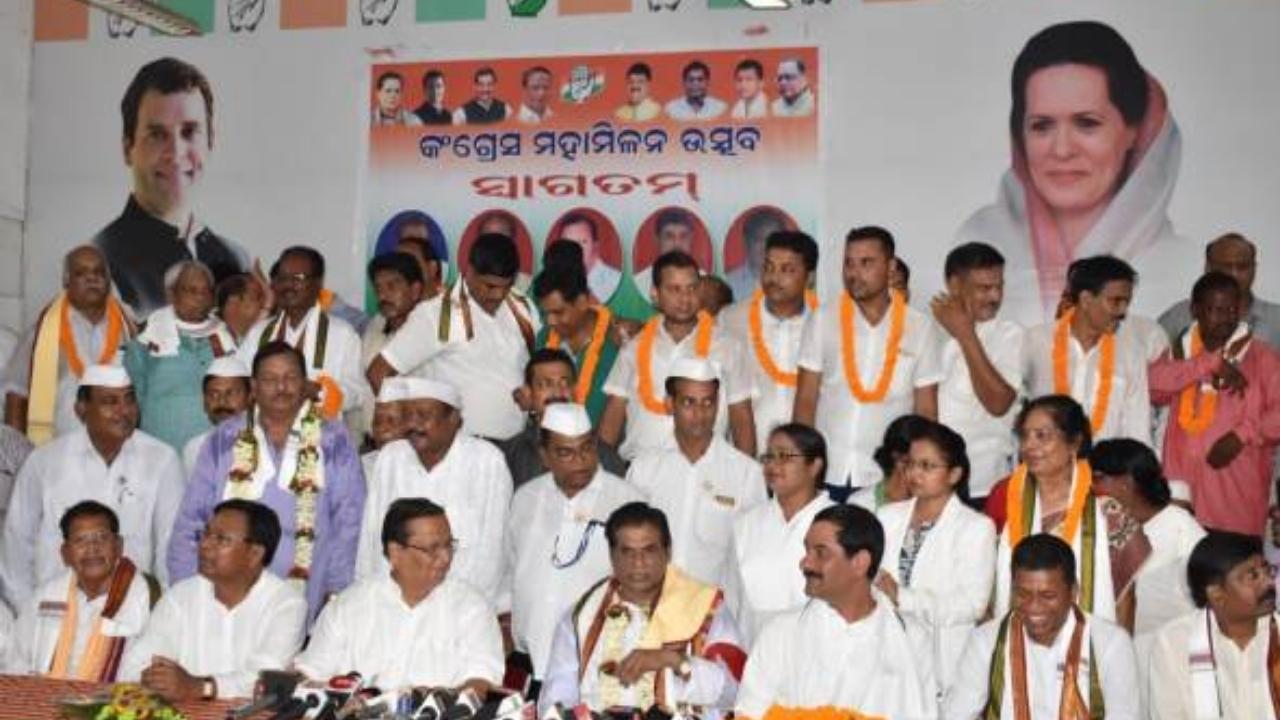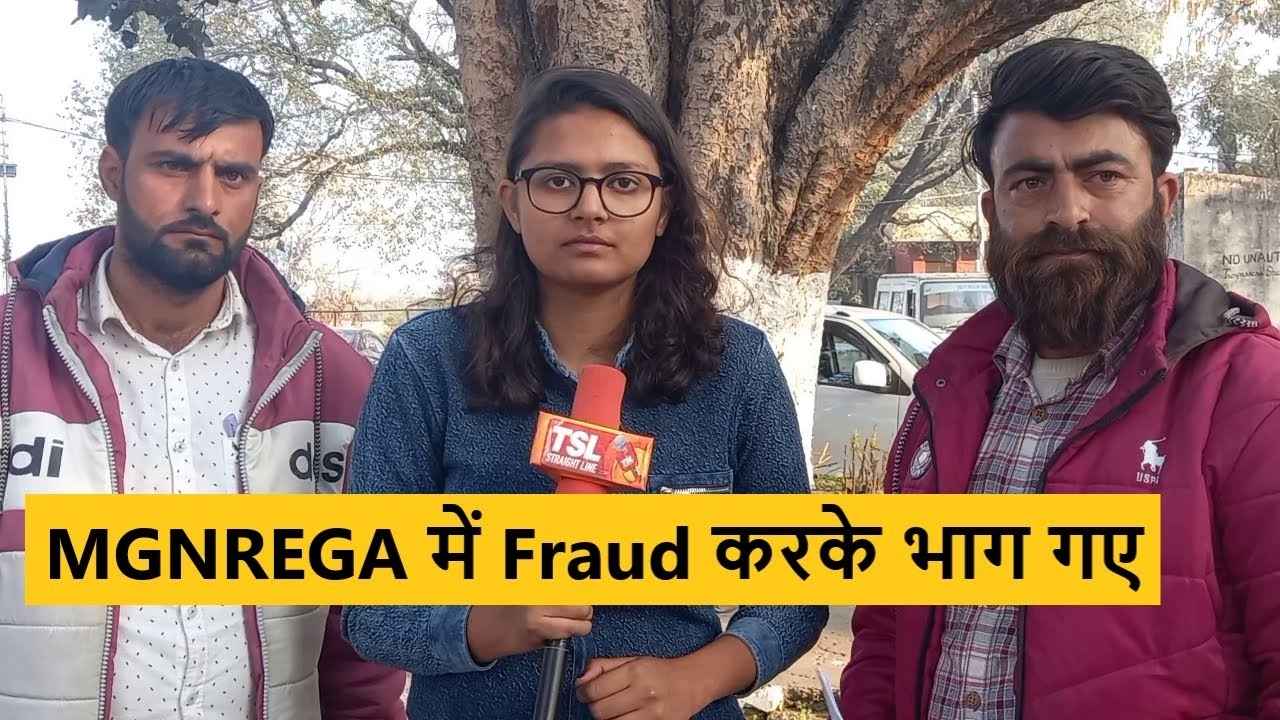In a remarkable show of leadership and civic responsibility, Boudh District Collector, Bibhuti Bhushan Nayak, took to the streets with a broom in hand to tackle the growing issue of littering in the Charichhak market of Odisha. The incident, which occurred on August 7, 2025, caught the attention of local citizens and set an example for both government officials and everyday citizens alike. In this article, we’ll dive deeper into the significance of this bold move, the role of IAS officers in shaping society, and the importance of maintaining cleanliness in public spaces.
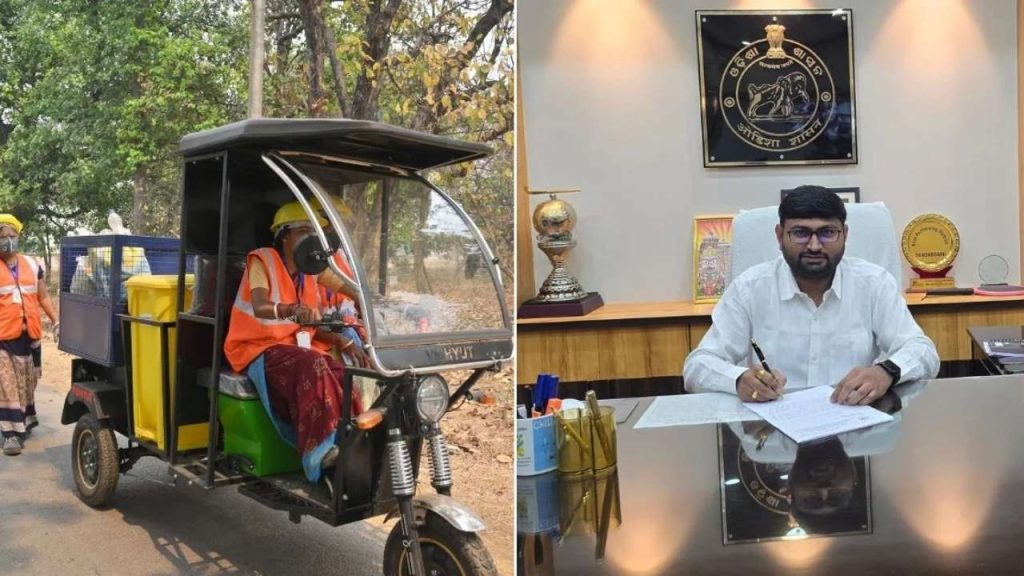
Odisha IAS Officer Warns Against Littering by Sweeping Market Himself
| Key Aspect | Details |
|---|---|
| Event | IAS officer Bibhuti Bhushan Nayak sweeps market |
| Location | Charichhak market, Boudh District, Odisha |
| Date of Incident | August 7, 2025 |
| Issue Addressed | Littering and cleanliness in the market area |
| Action Taken | Nayak personally swept the market and warned shopkeepers |
| Follow-Up Actions | Inspection of public toilet, review of water project |
| Official Reference | Official Odisha Government Website |
| Public Engagement | Local residents were encouraged to keep the environment clean |
This moment was not just about cleaning the streets; it was about leading by example. In today’s world, where environmental issues and waste management are critical, this act stood as a reminder that small actions can have a huge impact.
The act of Bibhuti Bhushan Nayak sweeping the market isn’t just about keeping the streets clean—it’s about fostering a culture of responsibility and civic pride. By leading with action, Nayak has shown how individuals in leadership positions can make a tangible impact on the community. His efforts not only encouraged local shopkeepers and residents to take ownership of their environment but also highlighted the vital role of government officials in creating change.
As citizens, it’s our responsibility to adopt good practices for cleanliness and support the leadership efforts of people like Nayak. If we all took a little more time to care for our surroundings, the world would be a cleaner, healthier, and more sustainable place for generations to come.
What Happened in Charichhak Market?
Bibhuti Bhushan Nayak, a respected IAS officer, has always been known for his hands-on approach to governance. On a regular inspection tour in Boudh District, he witnessed the rising issue of littering in the Charichhak market. Vendors and shoppers were casually tossing waste onto the streets, creating a less-than-ideal environment for all. It was clear to Nayak that this wasn’t just an administrative issue but a matter of social responsibility.
Rather than just issuing a statement or ordering others to clean the market, Nayak took action himself. He grabbed a broom and started sweeping away garbage in front of various shops. His actions were deliberate and powerful, making it impossible for anyone to ignore the message: civic responsibility begins with each of us. By doing the work himself, Nayak sent a strong message to local shopkeepers and the community, urging them to adopt better habits and take pride in their surroundings.
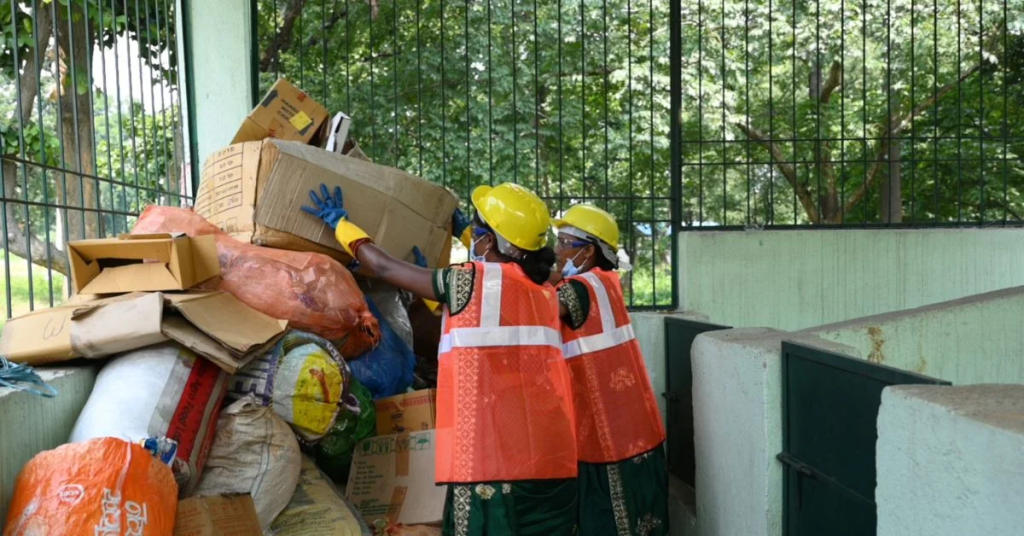
Why This Matters: The Importance of Cleanliness in Public Spaces
Cleanliness is more than just an aesthetic concern—it’s a matter of health, safety, and community well-being. Littered streets attract pests, harbor diseases, and create an unpleasant environment for everyone. This is particularly important in markets where food and goods are sold.
Health Risks of Littering: A Serious Concern
Littering isn’t just about making a place look dirty. It’s about the real risks it poses to public health. Waste left on the streets can attract flies, rodents, and other pests. In markets, where food is often prepared and sold, this can lead to contamination and the spread of disease.
For instance, the Center for Disease Control (CDC) states that improperly disposed waste, especially food waste, can harbor harmful bacteria, which can cause foodborne illnesses. These health risks, particularly in densely populated areas, are dangerous for everyone, from local shopkeepers to customers.
Environmental Impact of Littering
Litter also has long-term environmental effects. Plastic bags, bottles, and other non-biodegradable materials contribute to pollution. These items can clog drainage systems, leading to flooding, and they break down slowly, causing long-term damage to ecosystems. In India, the government has recognized the importance of reducing plastic waste and has begun implementing policies to ban single-use plastics in some areas. However, community efforts like Nayak’s can accelerate these initiatives by changing people’s mindset about littering and waste disposal.
A Step-by-Step Guide on How We Can All Contribute to a Cleaner World
Bibhuti Bhushan Nayak’s act of sweeping the market sends a clear message about leadership and personal responsibility. But beyond admiring the act, it’s important to ask: How can we contribute to a cleaner world in our own communities?
Here are some practical steps to reduce littering and help create cleaner, safer public spaces:
1. Dispose of Waste Properly
This seems like a no-brainer, right? But it’s easy to forget about trash when there’s no visible bin around. Always carry a small bag to collect your waste, especially when visiting markets or other public places. If bins are full or unavailable, consider taking the trash with you until you find a proper place to dispose of it.
2. Lead by Example
If you see someone littering, gently remind them of the importance of cleanliness. It might feel awkward at first, but small reminders can go a long way. Remember, people follow what they see. By taking steps yourself, you encourage others to do the same.
3. Participate in Community Clean-Up Programs
Many towns and cities organize periodic clean-up drives to help maintain public spaces. If your area doesn’t have one, consider starting one. It’s a fun way to bring people together for a common cause. In fact, many community leaders recommend getting involved in local environmental programs to make a lasting impact.
4. Support Policy Change
Advocate for better waste management policies in your local government. Whether it’s through recycling programs or better public waste disposal infrastructure, your voice can drive change. You can also support local businesses that use eco-friendly materials.
Tribal Women of Kaptipada Stage Unique Protest, Demand Electricity Connection
VSS Airport in Controversy as Director is Accused of Casteist Slurs and Assault
Rs 8 Crore Down the Drain: Bhubaneswar’s Smart Kiosk Dream Turns into a Digital Dud
FAQs: Common Questions on Littering and Cleanliness
Why is littering such a big problem?
Littering leads to pollution, health hazards, and environmental damage. It can also negatively impact local economies by discouraging tourism and reducing the quality of life for residents.
What can I do if I see someone littering?
Politely ask them to dispose of their waste properly. If the situation allows, you can also pick up the litter yourself, leading by example. Many communities also have local hotlines to report littering.
How can the government help reduce littering?
The government can implement stronger waste management policies, encourage recycling programs, and increase penalties for littering. Public education campaigns are also essential to raise awareness about the environmental impact of waste.
Is it illegal to litter in India?
Yes, littering is illegal in many parts of India. The government has enacted strict laws against waste dumping, and violators can face fines and penalties.
How can shopkeepers contribute to a cleaner market?
Shopkeepers should keep the area around their stalls clean, provide waste disposal bins for customers, and ensure that any waste generated is properly managed.

